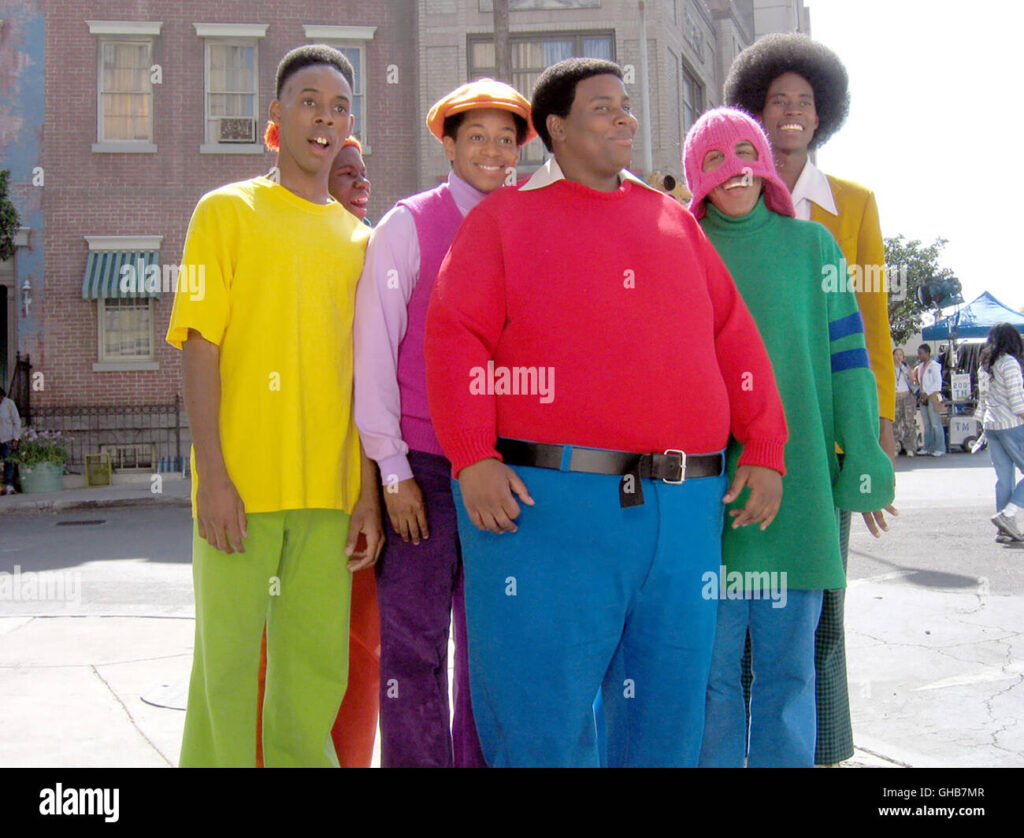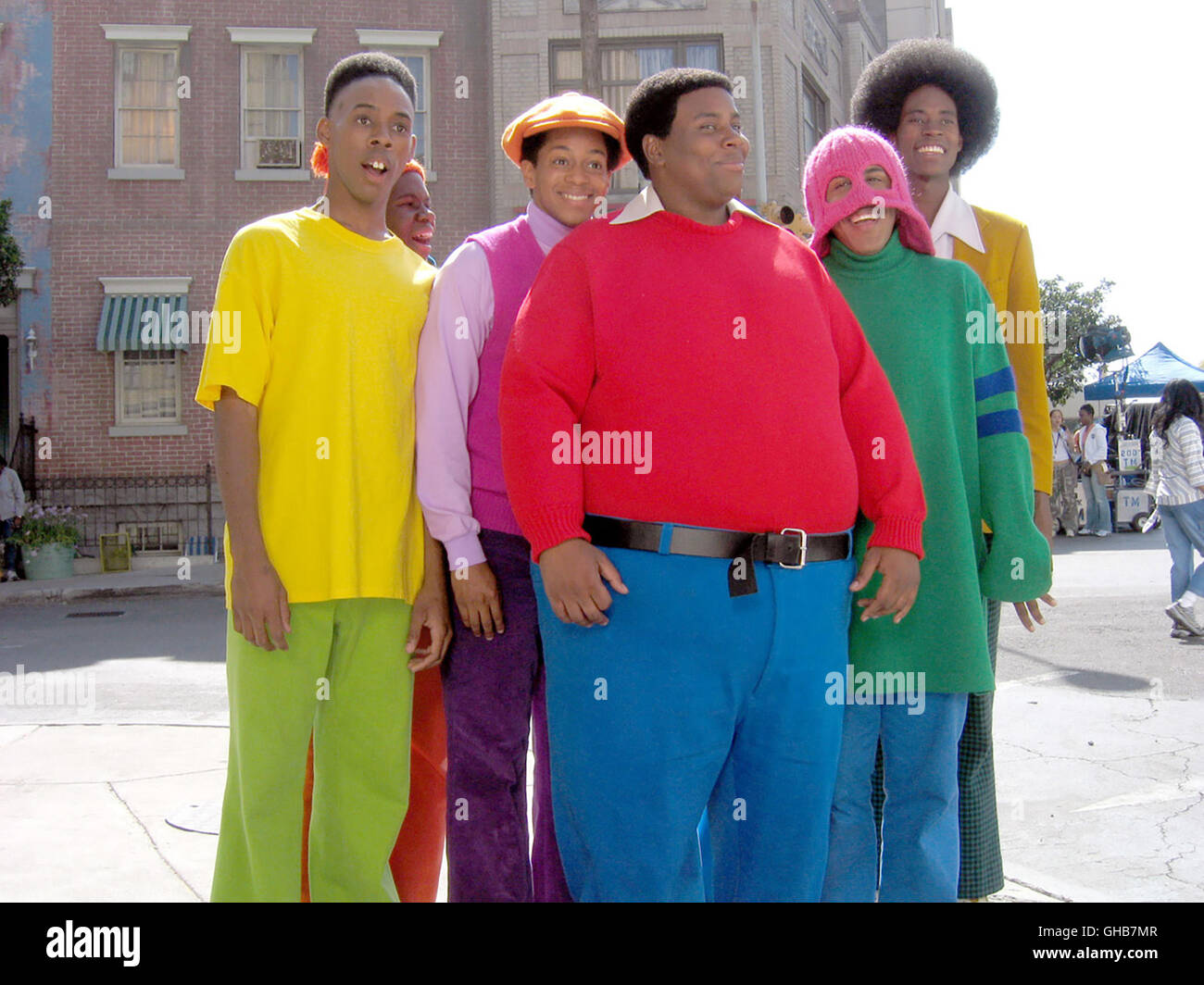
Fat Albert in Real Life: The Enduring Legacy and Cultural Impact
Fat Albert, the animated character created by Bill Cosby, has left an indelible mark on popular culture. While Fat Albert himself is a fictional character, the inspiration behind him and the themes explored in the cartoon resonate deeply with real-life experiences and social issues. This article delves into the real-life influences on Fat Albert, his cultural impact, and the complexities surrounding his legacy.
The Origins of Fat Albert: A Reflection of Cosby’s Childhood
Bill Cosby created Fat Albert and the Cosby Kids drawing heavily from his own childhood experiences growing up in Philadelphia. The characters were based on real people he knew and interacted with in his neighborhood. Fat Albert, the jovial and overweight leader of the gang, was inspired by a friend Cosby had as a child. The show aimed to portray relatable situations and offer positive messages about friendship, problem-solving, and learning from mistakes.
The setting of the show, a North Philadelphia neighborhood, mirrored the environment Cosby grew up in. The stories often dealt with issues that were relevant to urban communities, such as poverty, bullying, and the importance of education. By grounding the cartoon in reality, Cosby aimed to connect with viewers on a deeper level and provide them with characters they could identify with.
Real-Life Themes and Social Commentary
Fat Albert wasn’t just a cartoon; it was a vehicle for social commentary. Each episode typically ended with a moral lesson, delivered by Fat Albert himself. These lessons often addressed issues such as respecting others, telling the truth, and the consequences of one’s actions. The show subtly tackled complex social issues, making them accessible to a young audience.
The characters in Fat Albert represented a diverse range of personalities and backgrounds. There was Mushmouth, known for his garbled speech; Bill, the intelligent and responsible one; and Dumb Donald, recognizable by his hat pulled down over his eyes. This diversity allowed viewers to see themselves reflected in the characters and to learn about different perspectives. The show’s emphasis on inclusivity and understanding was a groundbreaking aspect of children’s television at the time. The real-life inspiration for these characters made their struggles and triumphs even more relatable.
The Cultural Impact of Fat Albert
Fat Albert had a significant impact on popular culture, particularly in the realm of animation and children’s programming. The show’s focus on relatable characters, positive messages, and social commentary set it apart from other cartoons of the era. It paved the way for other animated series that aimed to educate and entertain, such as Schoolhouse Rock! and The Magic School Bus.
The show’s catchphrases, such as “Hey hey hey!” and “If you’re not careful, you may learn something before it’s done!”, became ingrained in the cultural lexicon. Fat Albert merchandise, including toys, clothing, and comic books, was popular among children. The character’s image was widely recognized and associated with positive values and wholesome entertainment.
The series also inspired a live-action film, Fat Albert, released in 2004. While the film received mixed reviews, it demonstrated the enduring appeal of the character and the continued interest in his story. The film attempted to translate the themes and messages of the cartoon to a contemporary audience, exploring issues such as fitting in and finding one’s place in the world.
The Complex Legacy of Fat Albert
Despite its positive impact, the legacy of Fat Albert is complicated by the controversies surrounding its creator, Bill Cosby. Allegations of sexual assault against Cosby have cast a shadow over his work, leading many to re-evaluate their perception of Fat Albert and his other creations. The question of how to separate the art from the artist has become a central theme in discussions about Cosby’s legacy.
Some argue that the positive messages and cultural significance of Fat Albert should be acknowledged independently of Cosby’s personal actions. They contend that the show had a positive influence on countless children and that its impact should not be diminished by the actions of its creator. Others argue that it is impossible to separate the two and that Cosby’s alleged behavior taints the legacy of Fat Albert.
The debate over Cosby’s legacy highlights the complexities of assessing the impact of art created by individuals who have been accused of wrongdoing. It raises questions about the responsibility of consumers to consider the ethical implications of supporting artists and their work. There is no easy answer to these questions, and opinions on the matter vary widely.
Fat Albert’s Relevance Today
Even with the controversies surrounding its creator, Fat Albert remains relevant today. The themes explored in the show – friendship, problem-solving, and the importance of education – are timeless. The show’s emphasis on inclusivity and understanding is particularly relevant in today’s increasingly diverse and interconnected world. The real-life struggles depicted are still relevant.
The show’s portrayal of urban life, while specific to a particular time and place, continues to resonate with viewers who have grown up in similar environments. The characters’ struggles with poverty, bullying, and other challenges are still relevant to many young people today. By addressing these issues in a relatable and accessible way, Fat Albert continues to provide a valuable service to its audience.
Furthermore, the show’s emphasis on positive role models is particularly important in a media landscape often dominated by negative stereotypes. Fat Albert himself, despite his flaws, is a fundamentally good person who cares about his friends and community. He serves as a positive example for young viewers, demonstrating the importance of kindness, compassion, and responsibility. His real-life inspiration makes him even more believable.
The Future of Fat Albert’s Legacy
The future of Fat Albert’s legacy remains uncertain. The controversies surrounding Bill Cosby will likely continue to shape perceptions of the show for years to come. However, the positive impact of Fat Albert on popular culture and the lives of countless viewers cannot be denied. The show’s themes, characters, and messages continue to resonate with audiences today.
Whether Fat Albert will continue to be celebrated and enjoyed in the future depends on how society grapples with the complex issues surrounding Cosby’s legacy. It is possible that the show will be viewed as a product of its time, a reflection of both the positive values and the problematic aspects of American culture. It is also possible that Fat Albert will continue to be appreciated for its artistic merit and its positive impact, despite the controversies surrounding its creator.
Ultimately, the legacy of Fat Albert is a matter of individual interpretation. Each viewer must decide for themselves how to reconcile the positive aspects of the show with the negative allegations against its creator. There is no right or wrong answer, and opinions on the matter will likely continue to evolve over time.
Conclusion
Fat Albert, inspired by real-life experiences, remains a significant cultural artifact, representing both the best and the most challenging aspects of American popular culture. While the controversies surrounding Bill Cosby complicate its legacy, the show’s positive messages, relatable characters, and social commentary continue to resonate with audiences today. The enduring appeal of Fat Albert speaks to the power of storytelling to connect with viewers on a deeper level and to inspire positive change in the world. Understanding the real-life connections helps to appreciate the show’s impact.
[See also: Bill Cosby’s Impact on Comedy] [See also: The History of Animated Television] [See also: Social Commentary in Cartoons]

